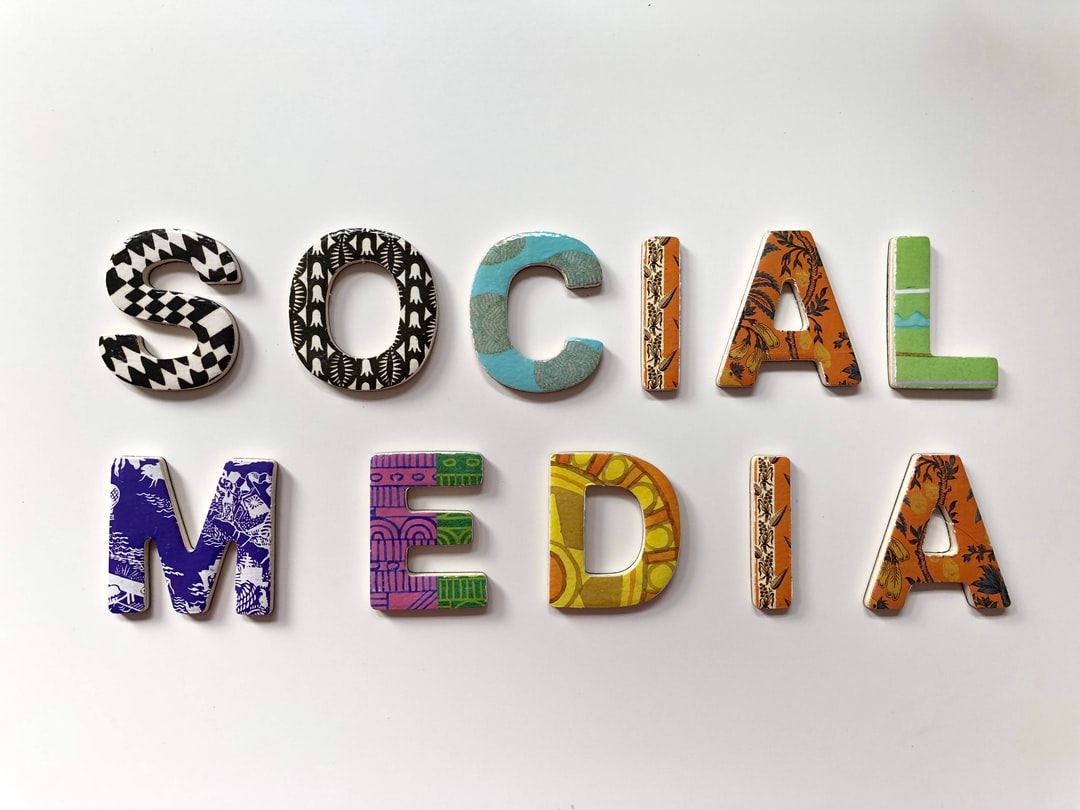Social media marketing is an increasingly popular use of the Internet to promote a product or service to a large audience. Although the terms’ digital advertising and e-marketing are now commonplace in academic circles, social media marketing has become increasingly popular for researchers and practitioners alike. With its ability to reach a highly targeted audience, social media have broken traditional boundaries in the research community and opened doors to new methodologies for researching human behavior. One recent study highlighted the power of Twitter to measure employee engagement and found that tweets had a statistically significant positive effect on engagement levels. Twitter may very well be the next Google, but is this the right move?
Theoretically, a social media marketing campaign should yield measurable results if it can convince users to read a brand’s blog post, listen to a company’s podcast, visit its website, or buy a product or service after reading one of these posts. But what if users do not have the time or interest in following a brand via these mediums? Why should companies bother? In reality, social marketing does not always translate into measurable metrics. A study conducted by Oxford Online explored the factors that may influence readership and found that users tended to share positive experiences more than they did negative ones – a finding that, when translated into real numbers, means that social media can significantly influence reader adoption of a brand.
However, what about the impact of social media marketing on brand reputation? Is it possible that users who dislike a brand will ignore posts or won’t comment on posts that appear to be sponsored advertisements? Are the same users likely to ignore tweets from brands that use Twitter as their main platform? In theory, yes. In practice, however, social marketing’s effect on brand perception is considered relatively minor. Studies have proven that brands that use social media receive more mentions on Google, and that mentions translate into higher visibility on Facebook; this information proves that social media outlets can have a real impact on online reputation management.
But even if a brand cannot be directly measured by metrics such as click-through rates, brands can still use social media marketing to draw their audience. Social media sites such as Facebook allow for fan pages, in which interested audiences can add their profile information and receive updates from a primary account. Twitter, too, has a fan page that allows audiences to follow the activities of other fans. While these platforms do not offer complete insights into audience behavior, social media marketing can nonetheless offer an audience with a means to connect. With the fan page, a business can establish a presence in its chosen social platform.
Brands that choose to incorporate social media management into their SEO strategy are already well aware of the importance of engaging their audience. This engagement can come in many forms: using features such as replies and “taglines,” engaging directly with followers, and creating engaging content. By providing relevant information and engaging directly with users, brands ensure that they increase engagement across all channels.
In the competitive world of today, companies have to be more creative than ever. Social media marketing has given businesses a powerful tool to succeed in today’s marketplace. It is important, however, that brands understand the value of using social media management to measure results. By measuring performance across all channels and using advanced analytics to detect where each channel failed to meet its goals, companies will ensure that their SEO strategy provides a comprehensive solution for engaging customers while increasing overall brand awareness.
